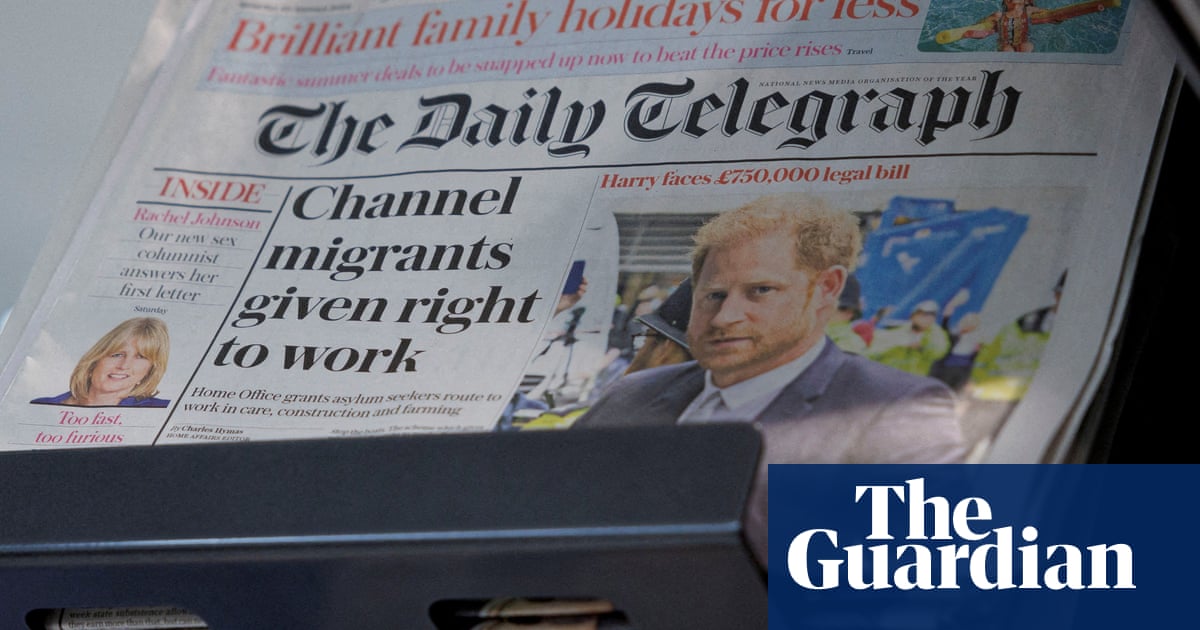
Efforts to rebuild Gaza after the brutal 11-day air, land and sea punishment by the Israeli army in May are hitting a snag. The biggest problem appears to be the issue of who controls the massive amount of money earmarked for rebuilding.
The problem appears to be focused on the attitude of Hamas in Gaza. The attacks, which erupted following Israel’s refusal to ease up on Al-Aqsa Mosque and Sheikh Jarrah, have produced a funding problem for Hamas. Now most of the talk about money — such as whether to pay public servants in Gaza or push on with reconstruction — appears to be directed at the UN and its various agencies operating in Gaza. Naturally, the Ramallah-based government would also like to be the conduit of the money, but that does not appear to be possible. At best, the Ramallah leadership might be allowed to have a seat at the table.
When it comes to Hamas, the purse strings might be eased if it agrees to a prisoner swap and ensures that no further security escalations take place. On the first issue, the long negotiations don’t appear to be making serious progress because of the chasm between what Hamas wants in terms of the number of prisoners it expects in exchange for the Israeli prisoners and bodies in its possession. The new Israeli government under Naftali Bennett and Yair Lapid government is not in any rush to make compromises, while opposition leader Benjamin Netanyahu is breathing down their backs and accusing them of being a left-wing, appeasing government.
Meanwhile, what is hampering the efforts of the UN negotiators, headed by Middle East envoy Tor Wennesland, is the sense of victory Hamas is feeling following the 11-day battle with Israel, in which the Gaza-based movement succeeded in paralyzing Israel’s airports and businesses and sent half its population into shelters. While Israel suffered few fatalities compared to the Gazans, there is no doubt that the equation has changed because Hamas was not crushed and can therefore return again and again to disrupt Israeli lives.
External players are also trying to help the process. The Egyptians, who oversaw the current ceasefire, feel they can produce some change within the Hamas leadership, but not without the Israelis also budging. Hamas is clearly willing to play ball, but it wants Egypt and Israel to help it with the international community. Hamas wants to be legitimized and no longer treated as a terrorist organization. In particular, it would like to be allowed to be a serious part of any new government established in Ramallah.
However, the Middle East Quartet, as it stands, does not appear to be in any mood to soften its three conditions for Hamas’ participation as a legitimate partner. The three conditions — recognizing Israel, denouncing terror, and accepting existing agreements signed by the Palestinian Liberation Organization — seem difficult for Hamas to swallow, especially due to its strong feeling of victory following the recent cycle of violence.
What is hampering the efforts of the UN negotiators is the sense of victory Hamas is feeling following the 11-day battle with Israel.
Daoud Kuttab
The quartet, which is made up of the US, UN, EU and Russia, has been pushed to widen its membership to include a number of new players, including Egypt, Jordan and possibly the UK (which is no longer part of the EU), but it has so far resisted. Discussions in New York about a meeting of the quartet at the Foreign Ministry level have been discussed, but no decision has been made or date set. It is expected that, once a general framework for a deal to cement the ceasefire and agree on the mechanism of the rebuilding of Gaza is reached, then the quartet can meet to help approve and give such a draft agreement the needed push forward.
For the time being, the ball appears to be in Hamas’ court, although others like Israel have a major role to play in helping move the process forward. That will include not only reinforcing the ceasefire and beginning the rebuilding process, but also concrete steps toward the restart of direct Palestinian-Israeli talks. That seems far-fetched at the present time, but it is obviously needed if the efforts of all parties concerned are to produce the expected positive results.
Daoud Kuttab is an award-winning Palestinian journalist from Jerusalem. He is the former Ferris Professor of Journalism at Princeton University. Twitter: @daoudkuttab
Disclaimer: Views expressed by writers in this section are their own and do not necessarily reflect Arab News" point-of-view












